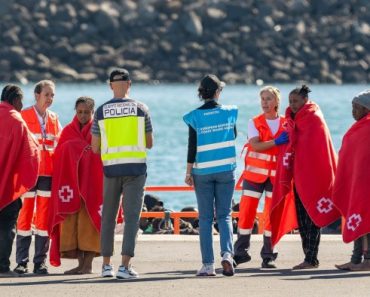Greece has passed legislation targeting short-term rentals and tourism businesses. Recent updates aim to raise accommodation standards and improve hospitality experiences for visitors.
Key Changes Introduced
- Properties used for short-term rentals must meet strict safety and quality standards.
- Rental properties now need to have proper lighting, ventilation, and climate control.
- Owners must provide liability insurance for damages or accidents on-site.
- Fire safety equipment like extinguishers and smoke detectors is mandatory.
- First-aid kits and emergency contact guides must be available in the accommodation.
- New rules will be enforced starting October 1, 2025.
Inspections to ensure compliance will involve ministry officials and mixed teams, including tax authority representatives. Property managers face a €5,000 fine for not meeting rules, barring inspectors, or lacking safety essentials like ventilation or proper signage. Non-compliance fines double for repeat offences within a year and quadruple for subsequent violations.
Broader Tourism Updates
The legislation goes beyond rental properties to cover other tourism-related facilities to broaden the visitor flow over all 12 months and across regions.
“We are laying the foundation for a competitive and sustainable tourism future in Greece. Our goal is fair growth that benefits local communities and respects both people and the environment,” said Tourism Minister Olga Kefalogianni.
- Hotels and lodgings can voluntarily adopt a new rating system based on environmental performance.
- Licensing for car and bike rental businesses is now simplified, offering streamlined registration.
- Clear rules are introduced for managing coastal projects and tourist port zones to enhance accessibility.
- Saltwater pool projects will now prioritize sustainability.
- Spa definitions have broadened—now, they don’t require the use of natural healing resources, which paves the way for modern wellness services, including non-thermal options.
- Ski resorts can operate year-round, offering tourists a mix of outdoor activities beyond skiing, such as hiking and other recreational pursuits.
Visitors can expect safer, better-equipped rentals and improved transparency across the tourism sector. The enhanced environmental focus may also attract eco-conscious travellers. Meanwhile, expanded service offerings at ski resorts and wellness centres enrich trip possibilities throughout the year.
After all these changes, tourists might face slightly higher costs, but the assurance of quality and safety standards offers added peace of mind.







